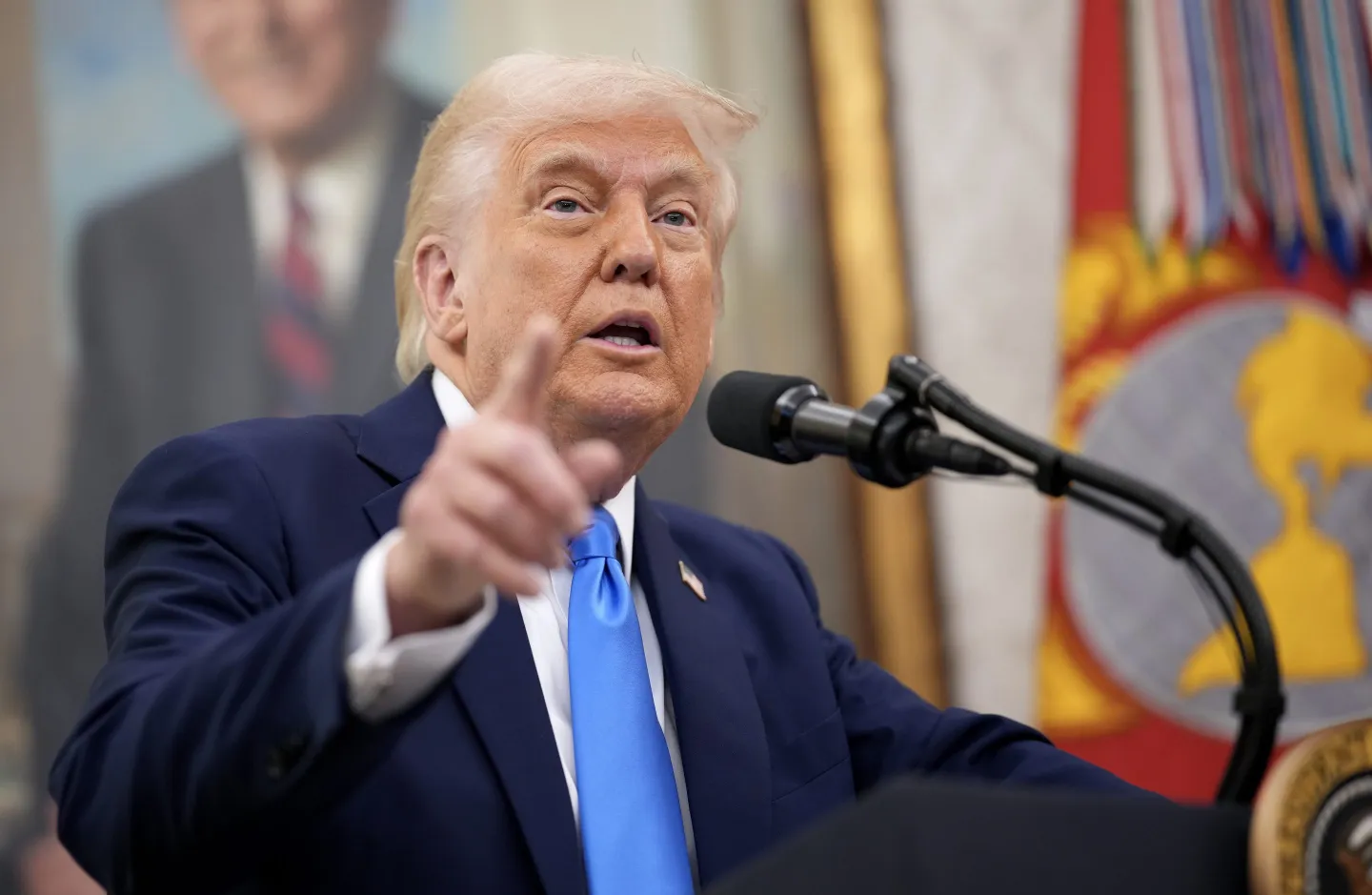
Ah, “Liberation Day”—a term so grand it could make even the most jaded economist raise an eyebrow. This initiative, a masterstroke of economic theater, aims to reduce the United States’ dependence on foreign baubles and trinkets while reviving the noble art of domestic manufacturing. The pièce de résistance? A universal tariff of 20% on all imports, with a special 25% slap on automobiles. Because nothing says “freedom” like a pricier car, right? 🚗💸 These measures are expected to ripple through the global economy, the cryptocurrency markets, and Bitcoin in particular.
Why “Liberation Day” Is the World’s New Favorite Drama
This tariff extravaganza is nothing short of a seismic shift in international trade dynamics. By imposing a flat tariff on all imports, the United States has essentially thrown a gauntlet at the feet of free trade, challenging principles that have held the global economy together like a poorly glued IKEA shelf. The reactions from major trading partners? Oh, they’re going to be delicious:
- Retaliatory Tariffs: Nations affected by the U.S. tariffs may respond with their own duties on American goods, leading to a tit-for-tat escalation that could make historical trade wars look like a polite tea party. Global supply chains? Disrupted. Cost of goods? Skyrocketing. Drama? Unparalleled.
- Economic Uncertainty: The potential for a global trade war introduces a level of uncertainty that could make businesses delay investments and consumers tighten their purse strings. Global economic growth? Slowed. Excitement? Through the roof.
- Inflationary Pressures: As the cost of imported goods rises due to tariffs, countries may experience inflation. Central banks could respond by adjusting interest rates, further influencing global financial stability. Inflation? Rising. Boredom? Nowhere to be found.
Why “Liberation Day” Is the Crypto Market’s New Best Friend
The cryptocurrency market, ever the drama queen, is poised to react to the implications of “Liberation Day” with the flair of a Shakespearean tragedy:
-
In times of economic uncertainty, investors often seek assets uncorrelated with traditional markets. Cryptocurrencies, particularly Bitcoin, may become more attractive as hedges against fiat currency devaluation and geopolitical instability. Because who doesn’t love a good hedge?
- Perceived Safe Haven: Similar to gold, Bitcoin is often viewed as a store of value. In the face of potential inflation and currency fluctuations resulting from trade disputes, Bitcoin may attract investors seeking to preserve wealth, potentially driving up its price. Safe haven? More like a safe bet.
- Decentralization Advantage: Bitcoin’s decentralized nature makes it less susceptible to government interventions compared to traditional assets. This characteristic can be particularly appealing during periods of geopolitical tension and economic policy shifts. Decentralization? The ultimate power move.
- Increased Adoption: As confidence in traditional financial systems wavers due to aggressive economic policies, both institutional and retail investors might turn to Bitcoin as an alternative investment, potentially accelerating its mainstream adoption. Adoption? It’s the new black.
Conclusion
In conclusion, President Trump’s declaration of “Liberation Day” is a pivotal moment with far-reaching consequences. The global community, financial markets, and the cryptocurrency ecosystem are all poised to feel the impact of these new tariffs. As the situation unfolds, stakeholders worldwide will be closely monitoring the outcomes to navigate the challenges and opportunities that arise from this significant policy shift. Because, let’s face it, in the world of economics, the only constant is change—and a healthy dose of drama. 🎭
Read More
- Top 8 UFC 5 Perks Every Fighter Should Use
- Unlock the Magic: New Arcane Blind Box Collection from POP MART and Riot Games!
- Unaware Atelier Master: New Trailer Reveals April 2025 Fantasy Adventure!
- Unlock the Best Ending in Lost Records: Bloom & Rage by Calming Autumn’s Breakdown!
- How to Reach 80,000M in Dead Rails
- Unlock Roslit Bay’s Bestiary: Fisch Fishing Guide
- REPO: How To Fix Client Timeout
- Unleash Hell: Top10 Most Demanding Bosses in The First Berserker: Khazan
- How to Unlock the Mines in Cookie Run: Kingdom
- Reverse: 1999 – Don’t Miss These Rare Character Banners and Future Upcoming Updates!
2025-04-02 10:42